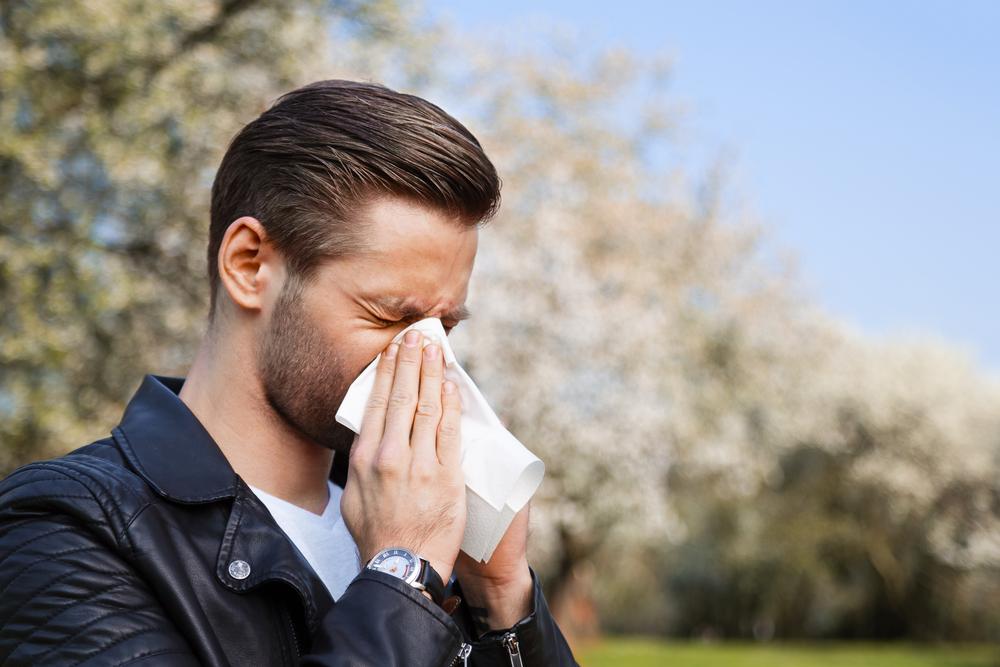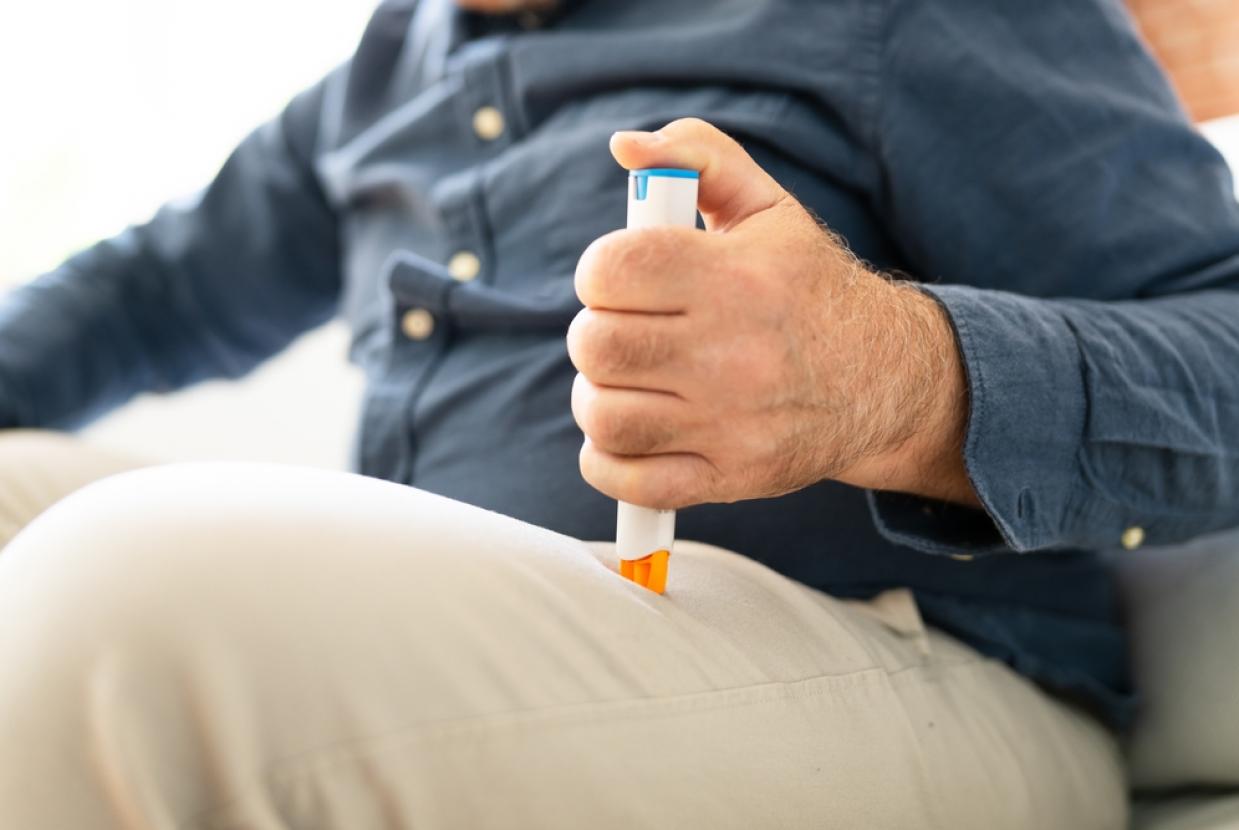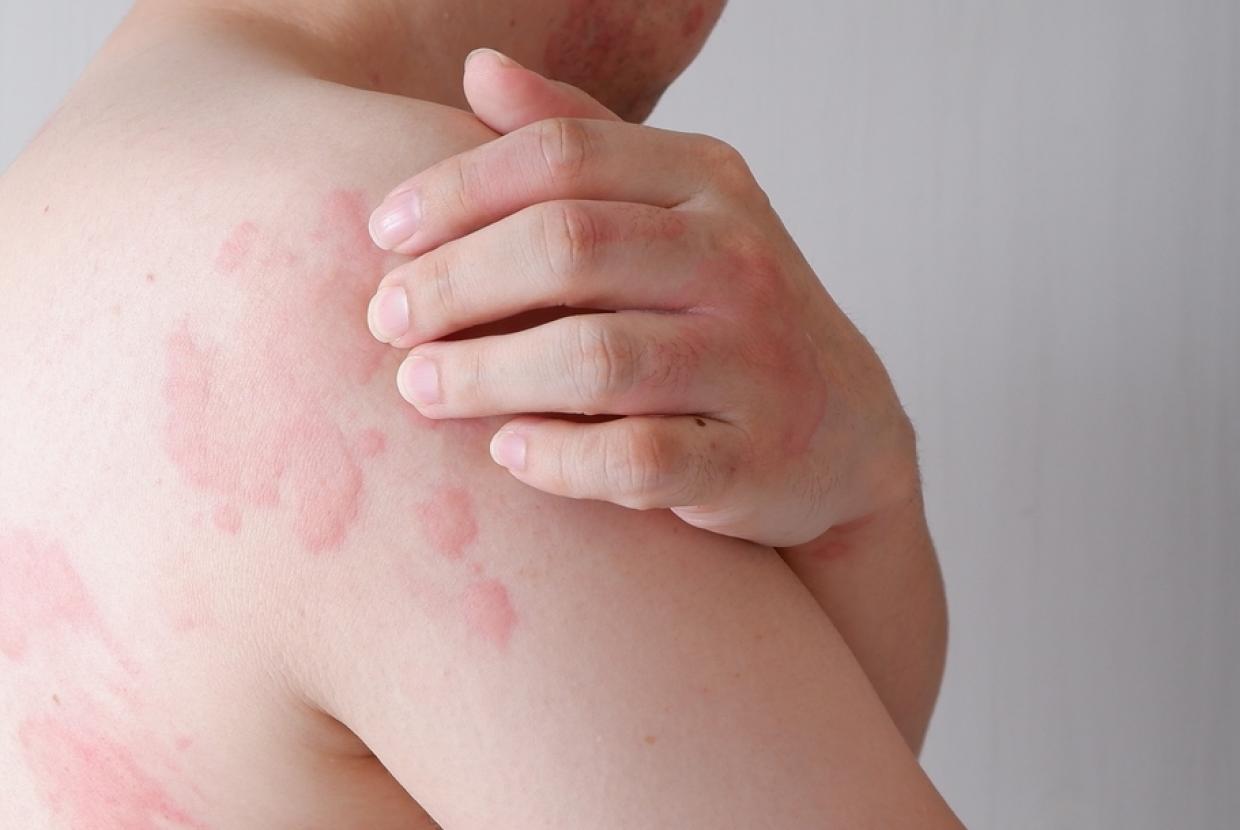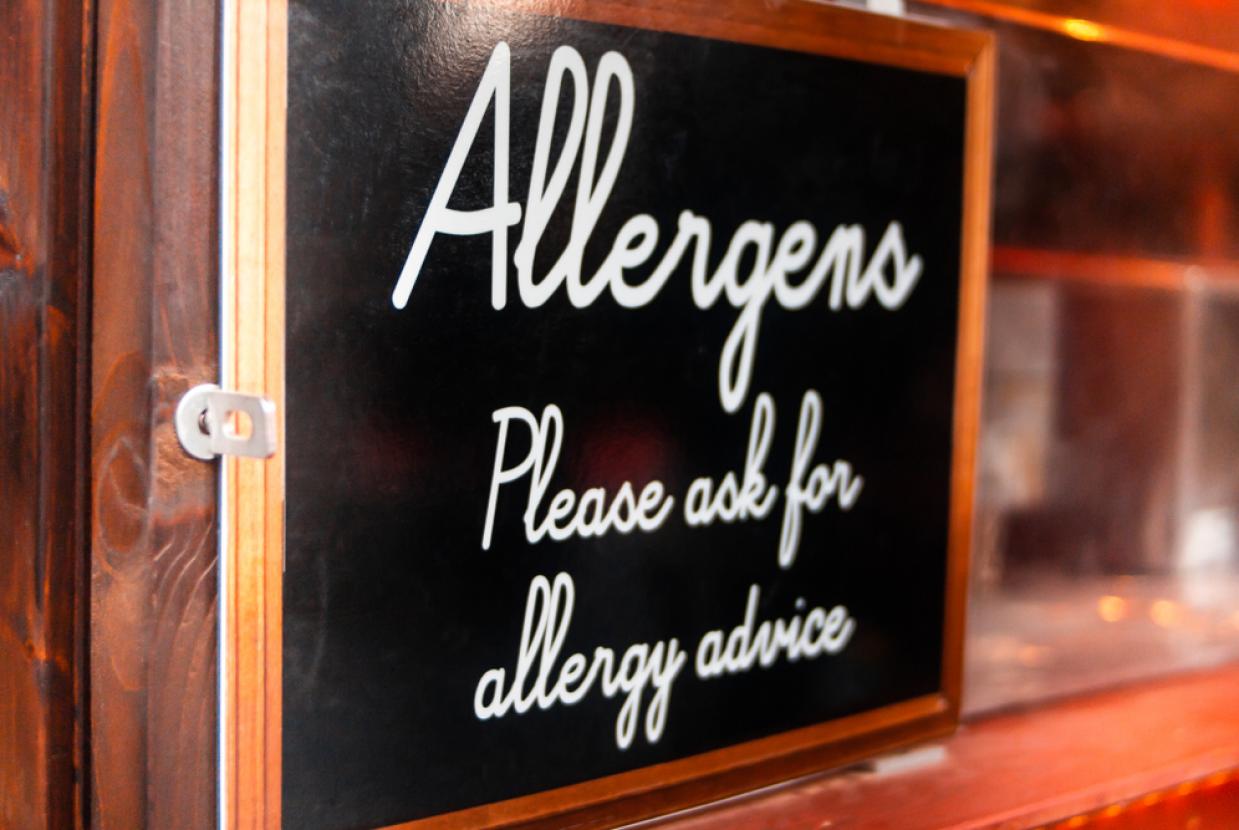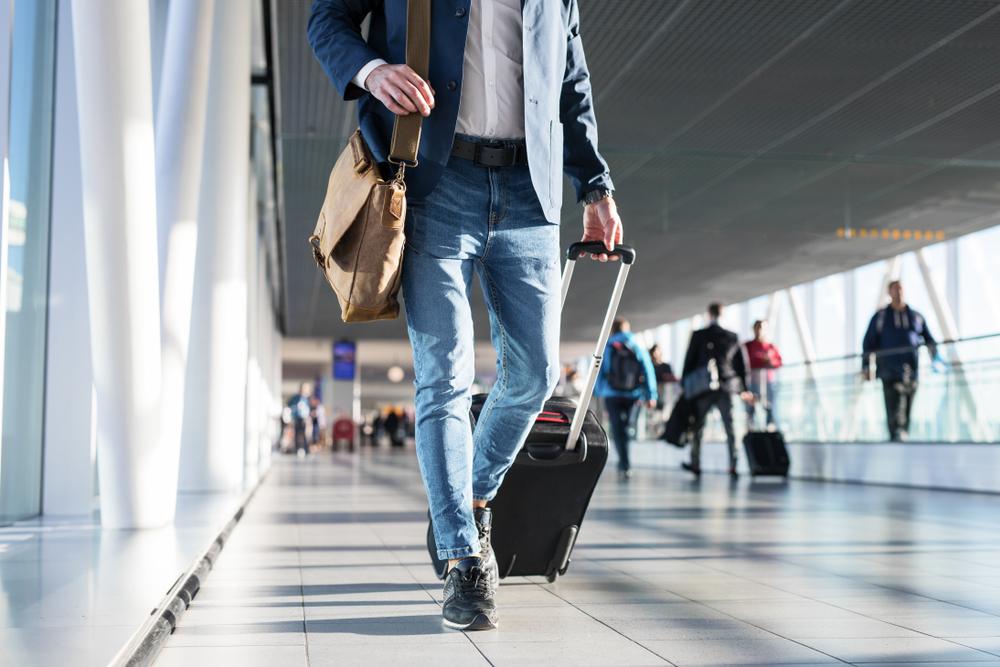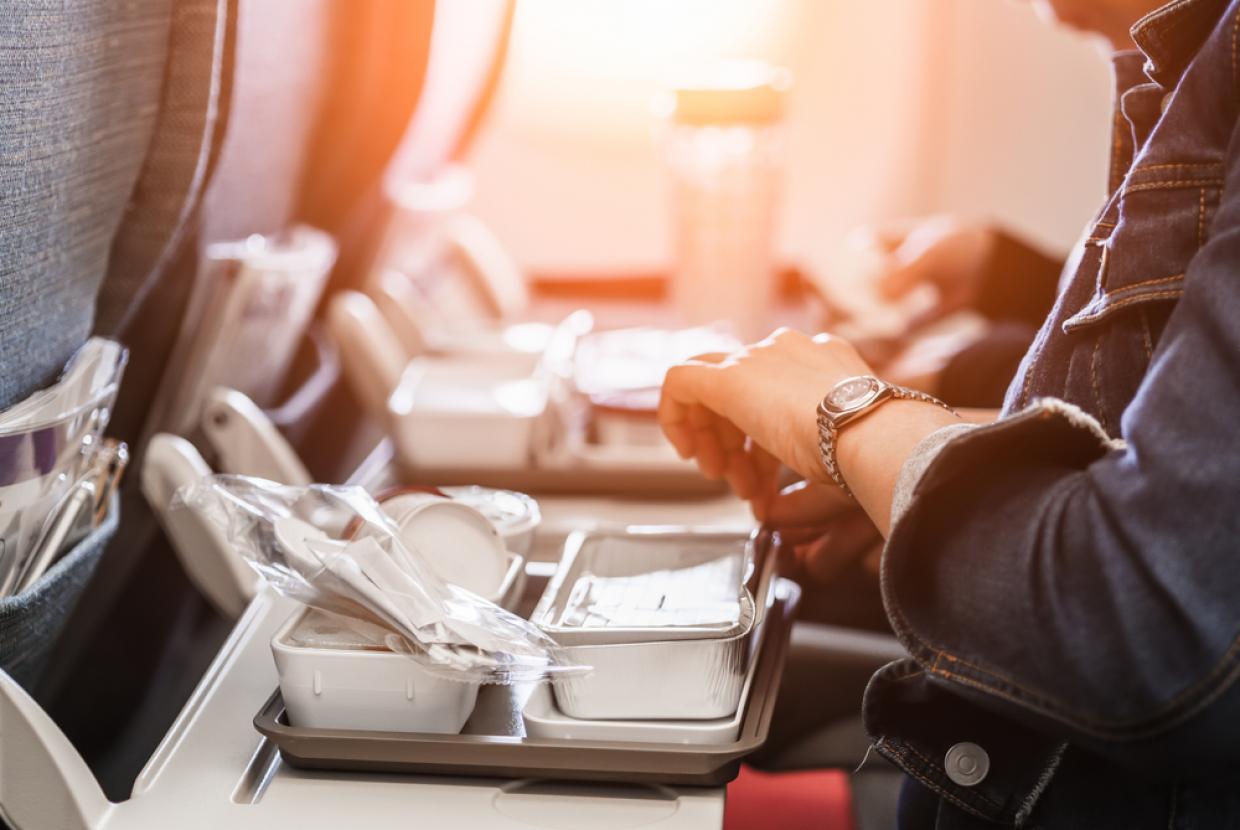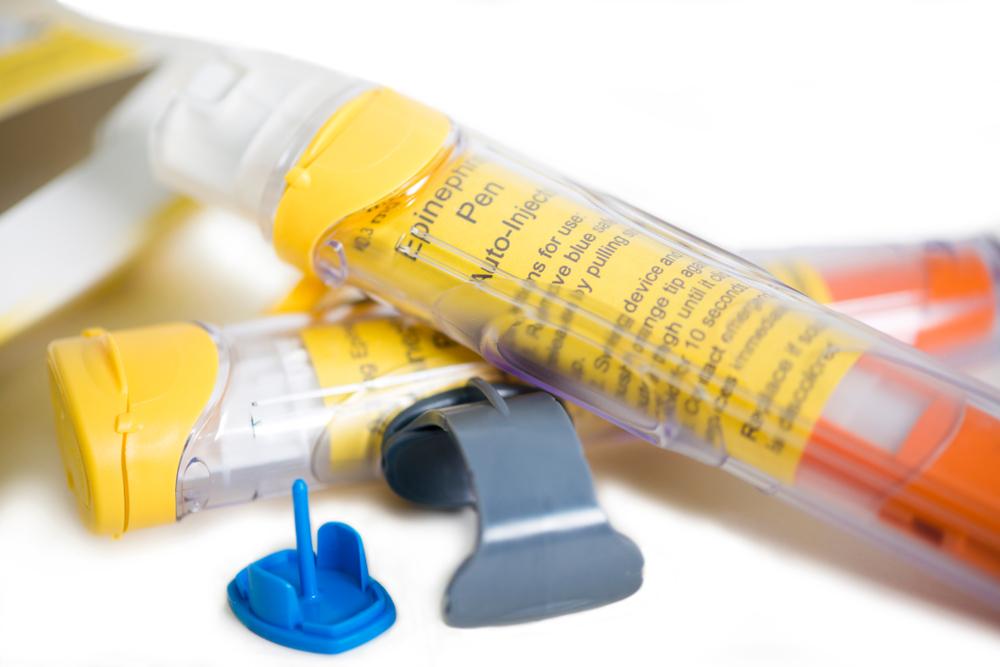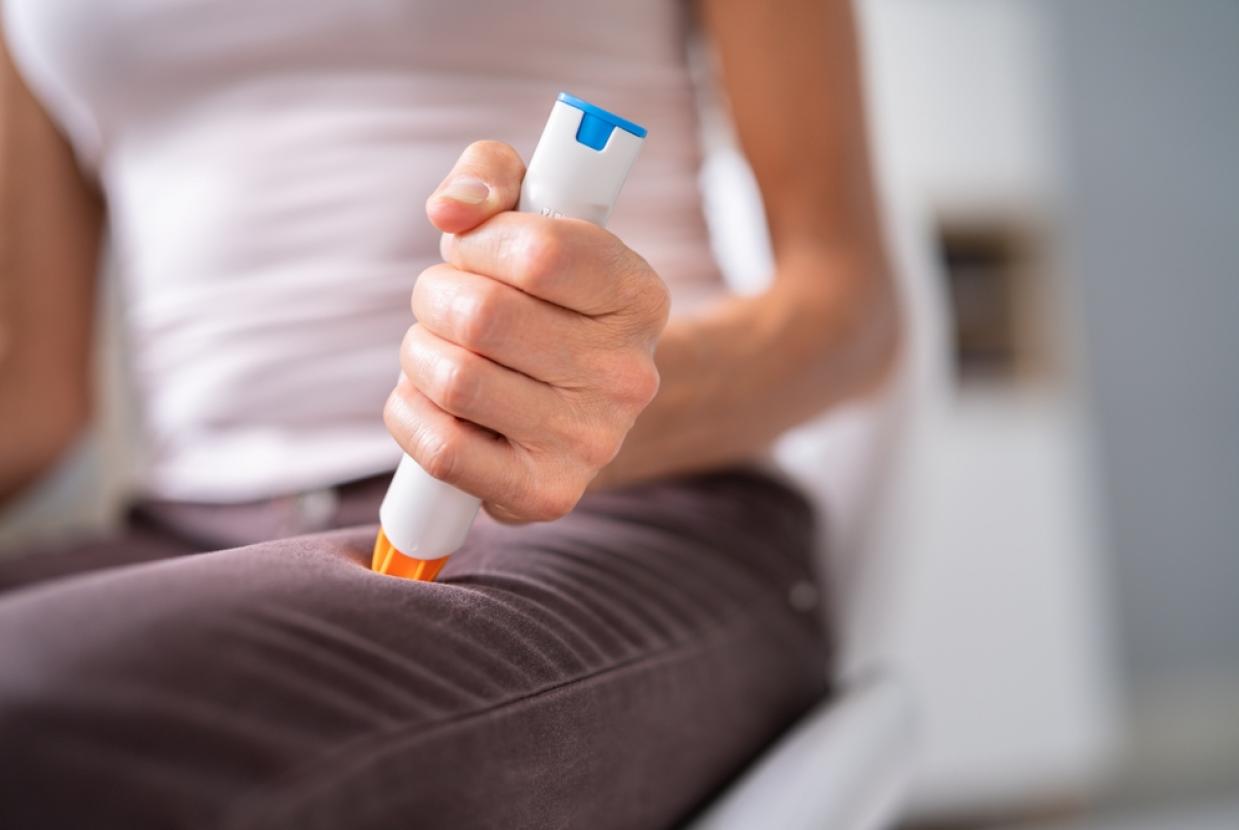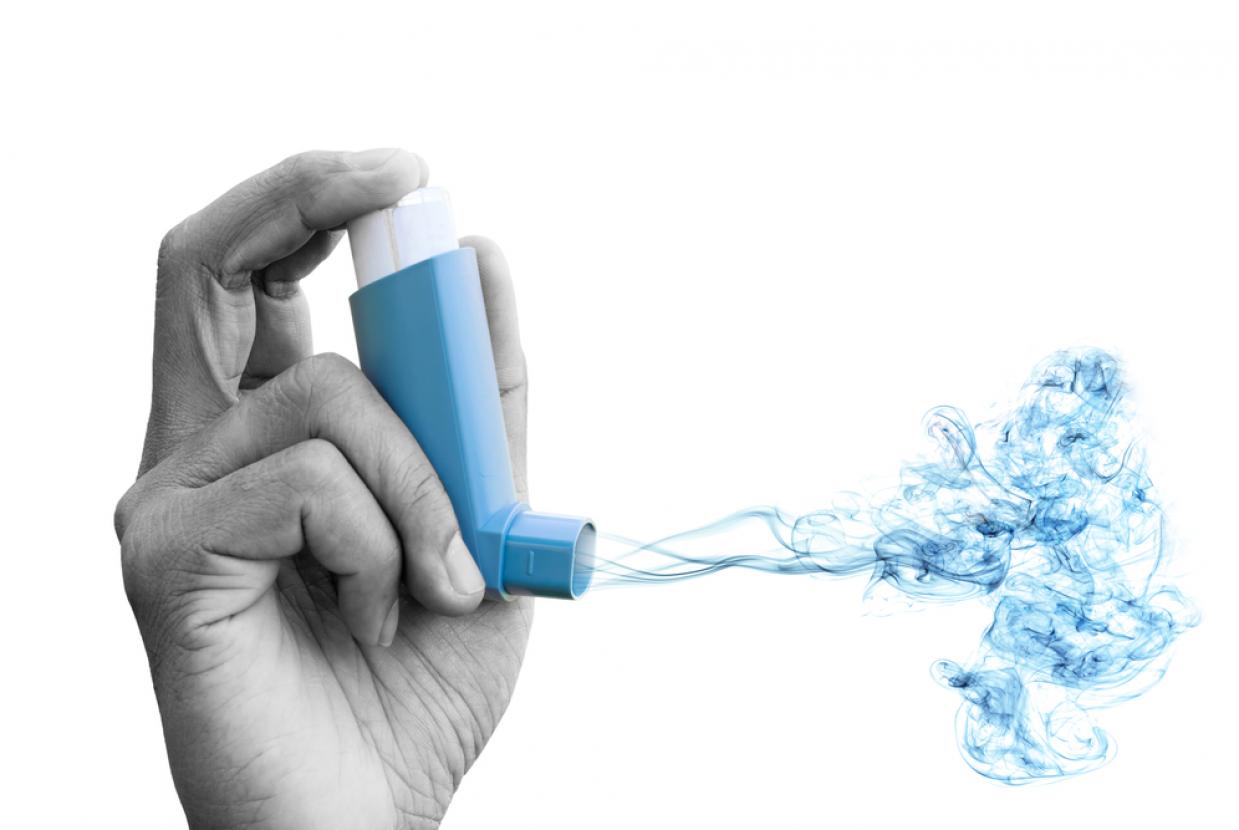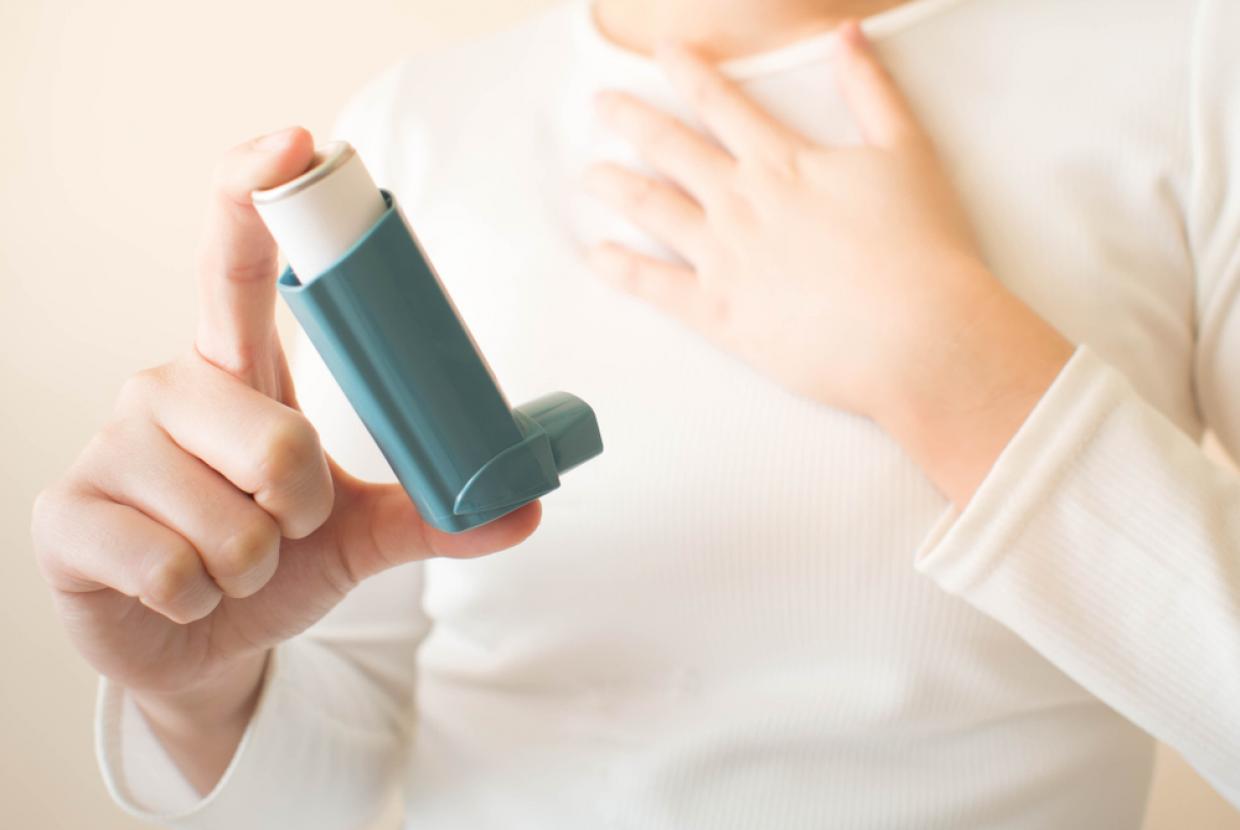Food Allergies & Travel
Allergies and AsthmaIt is not uncommon for those with a food allergy or who are the parent/carer of a food allergic child to feel anxious about the thought of travel. Travelling with a nut allergy on planes could be a scary concept. Simple things like choosing location, booking a flight or picking accommodation can be filled with extra questions and things to consider.
Planning a Trip
Before booking a holiday or making travel arrangements, time spent on the planning stage is important. This involves gathering information to make informed decisions based on the individual needs of the person with the food allergy.
The severity of a food allergy will depend on the individual. Some people react to very small amounts of a food and it is not possible to predict how severe an allergic reaction may be. Food allergy is individual to the person and is influenced by many different factors including the age of the person, other medical conditions, and severity of previous allergic reactions.
Flying with Food Allergy
It is important that airline staff are informed of a food allergy at every opportunity. This is particularly important when checking in at the airport, boarding the flight and EVERY time a snack or meal is offered (as it may be by a different person).
Individual airlines will have their own policy on food allergy management and this will vary depending on the provider. There is no legislation to date that determines best practice for managing the needs of the food allergic traveller.
If you wish to know whether snacks or foods containing specific allergens are served during the flight then it is advisable to raise this question when you make contact with the airline before booking. It is important to note that even when airlines have adopted a nut free policy, or are able to offer a nut free service (not selling nuts or providing nuts as a snack) this does not stop other passengers eating nuts, and/or nut containing foods at the airport prior to boarding or bringing these foods onto a flight and eating them. This means they cannot guarantee a nut free cabin/ flight. Some airlines may make a request to passengers seated in aisles around the person with the food allergy to not eat nuts but other passengers may not understand or comply with this request.
Allergy Medication
Current guidance from the Medicines and Healthcare products Regulatory Agency (MHRA) recommends that two Adrenaline Auto-Injectors (AAIs) are prescribed, which should be available at all times. This is most important for those who also have asthma because they are at an increased risk of a severe allergic reaction.
Check the expiry date of your medication well before you intend to travel, this enables time to get prescriptions renewed or stock up on allergy medication. Consider the length of your trip and how far from medical help you may be which can help when planning on how much medication to take. The 100ml liquid rule for hand luggage does not apply to medication in liquid form (for example antihistamine in syrup form) but a copy of your prescription or letter from your doctor as proof of need may be required.
The same documentary proof is required for AAIs (such as EpiPen and Jext). Your GP or allergy specialist should be able to provide this for you for that year of travel.
Allergy medication should be easily accessible for use at any time during travel to and from the travel destination, and should be taken on board in your hand luggage when travelling by air, as medication should be stored where it can be easily accessed and close to the person who needs it. The aircraft hold is not suitable as it is not only unaccessible during the flight, it may be subject to extremes of temperatures which are not advised for the storage of medication. Overhead storage is not suitable as items can move, become damaged and can be difficult to reach.
AAI storage tips:
- Adrenaline auto injectors should be kept away from extremes of temperature (e.g., left in a car)
- They should be kept away from direct sunlight
- AAIs should be kept at room temperature (in line with manufacturer’s guidelines)
- They should not be stored in a refrigerator
Travel Insurance
Travel insurance policies must meet the needs of the person travelling with food allergy, and/or any other medical conditions they may have. It is important to declare a food allergy(s) like you would any other medical condition so that the right cover can be provided. Individual requirements of the food allergic person must be discussed with the insurance provider. A comprehensive policy is recommended for the food allergic person as the severity of an allergic reaction cannot be predicted and this will ensure that any reaction related to a declared food allergy will be covered.
Top Tips for Travelling with a Food Allergy
- Communication is key – make sure allergy needs are communicated clearly and consistently
- Plan ahead so decisions are not made when tired and/or hungry or rushed
- Check the expiry date of adrenaline auto-injectors and/or other allergy medication and ask your doctor to prescribe new ones before they expire
- Make sure you have been trained to use the type of auto-injector that you have been prescribed, technique varies between brands
- Carry Translation Cards that can be used to communicate food allergy in countries where English is not understood
- Take a pack of wipes with you, to clean down the seating area especially the tray table













